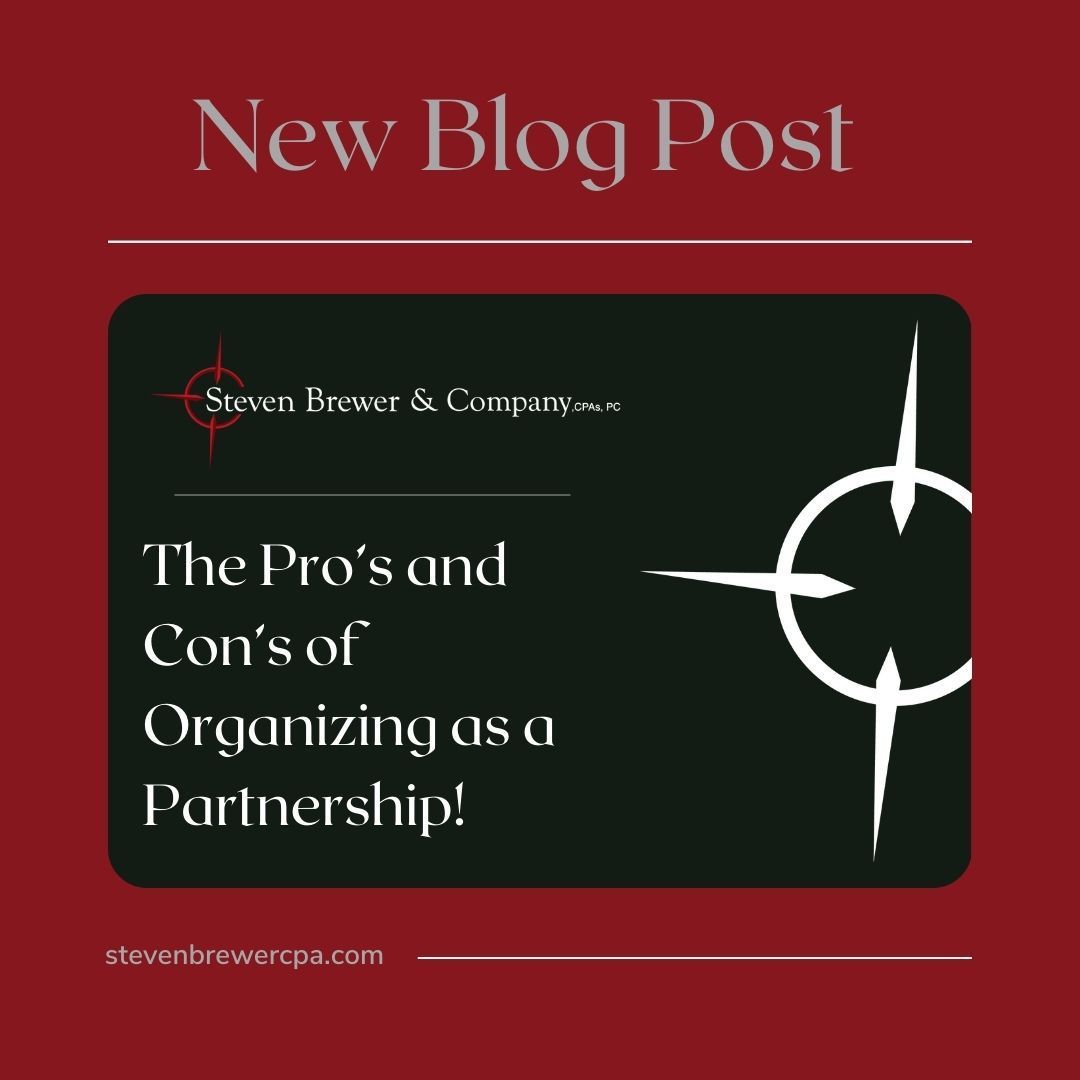The Hobby-Business Mash-Up
Fact # 3
Our third case, Carson, presents a very strange fact pattern. Ms. Carson’s mom created a grantor trust and transferred mom’s cattle ranch to it; Mom was trustee. Mom and stepdad were the life beneficiaries of the trust. Ms. Carson and her brother were the remaindermen. During the tax years at issue (2017-2018) Mom and stepdad were living.
Per written agreements, Ms. Carson was obligated to pay the expenses of the ranch. But she was not entitled to any of the income from ranch unless both she and her mom agreed to it. Thus between 2014 and 2019 “[Ms.] Carson made substantial financial contributions to the ranch by paying its expenses. *** The ranch made money mainly by selling cattle. The receipts from the cattle sales were reported on the returns of [Ms.] Carson’s mother.” Oral Transcript at 3. That’s just weird. Normally parents try to assign income to their children, deductions!
It is not clear from the opinion but it appears that the Carsons lived on the ranch. At any rate Judge Morrison says that “the Carson’s two children lived at the ranch helping in the ranch’s business of raising cattle for sale. For this purpose, the children used horses, some of which they also used to compete in cash-prize rodeos. The children also performed manual labor for neighbors of the ranch.”
For the tax years at issue (2017 and 2018) the Carson’s filed a Schedule F, reporting a “livestock” business. However, the only income they reported each year was the cash prizes the kids won in rodeos and the money the kids made from neighbors: some $2,700 in 2017 (all from rodeo prizes) and some $8,000 in 2018 ($6,200 from rodeo prizes). Against that modest income they reported all the expenses Ms. Carson had agreed make: $139,000 in 2017 and $134,000 in in 2018.
This had been the pattern since 2014: “During the six years 2014 to 2019, the Carson’s reported cumulative losses of $502,742 on the schedules F. For each year, these losses not only dwarfed the gross income reported on the schedule F...but they largely offset the Carson’s ordinary income [from] wages.” Yessir, assignment of deductions!
On audit, the IRS disallowed all the Schedule F deductions in excess of the Schedule F income because the IRS Revenue Agent thought that the Carsons had mis-labeled the activity and it should have been reported as a rodeo activity, not a ranching activity. And the rodeo activity was a hobby, not a business. The Carsons petitioned the Tax Court. I cannot tell whether they were represented.
Lesson #3: Hobby + Business = Business?
The basic problem, Judge Morrison decides, is that the IRS mis-analyzed how the Carsons messed up their return. The Carsons' error was mashing up the rodeo activity and ranching activity on the same Schedule. That led the IRS to mis-analyze the return by ignoring the documented arrangement between Ms. Carson. The IRS approach “supposes that the Carsons lost approximately $120,000 per year entering their children in rodeos. *** [That] makes no sense in light of our view that the deductions reported on the Schedules F mainly related to ranching.” Transcript at 8.
Here, unlike our other two cases, the taxpayers kept good records. Transcript at 8. (Ms. Carson “kept meticulous details of the expenses that were deducted on the Schedule F.”). Those records showed most expenses related to the ranching activity and only a “relatively small part” related to the rodeo activity. Id. Judge Morrison declines to parse the expenses because the IRS “did not challenge the substantiation behind the deductions” id. and thus he was not going to ding Ms. Carson for not bringing records with her to trial.
Bottom Line #3: Don’t try this at home, but once Judge Morrison accepted that the ranching activity was legit, then mashing up the hobby and business was basically harmless error. Sure, the Carsons should have reported the rodeo income on Schedule 1 and not Schedule F. Sure, they should have reported the rodeo expenses on Schedule A (and, of course, for 2018 they would not have been able to deduct any rodeo expenses because of evil §67(g)). The proper reporting position, however, would not have affected their bottom lines very much if at all. The ranching net losses would have still been able to be used to offset the modest rodeo income they had as well as most of their wage income.
Coda: The real issue here—that the IRS just missed—was the assignment of deductions. Judge Morrison notes the weirdness of allocating all the ranching income to Ms. Carson’s mom and allocating all the ranching expenses to Ms. Carson but tells us that a “mismatch of income and deductions is not prohibited under the Code per se, but may be relevant in determining the appropriateness of accounting methods and in determining the appropriate allocation of income and deductions between partners. However, these legal issues are not before the court.”



